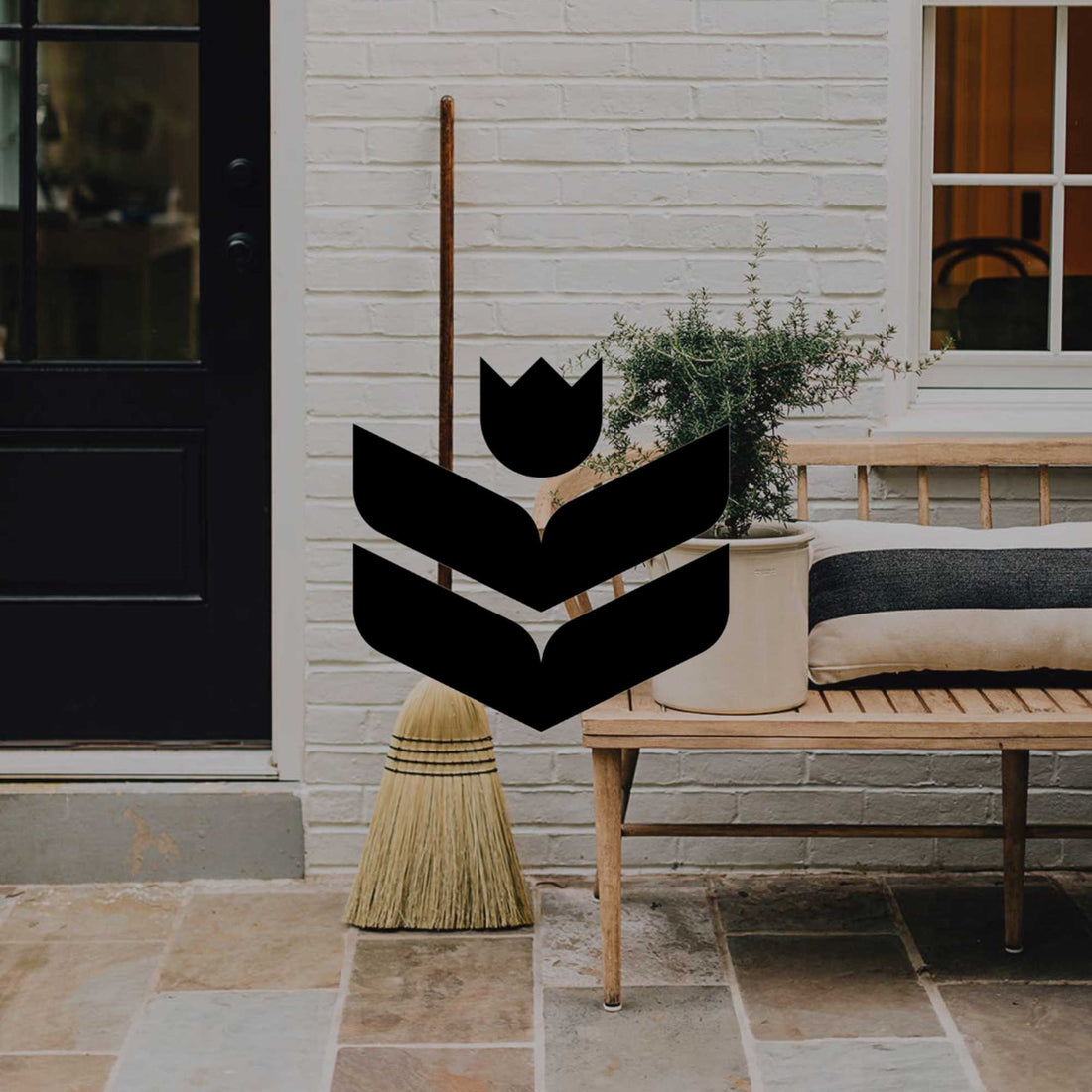
Cheap vs quality: are premium garden tools really worth it?
The hidden cost of cheap garden tools
I don’t think anyone sets out to buy a tool that won’t last. Most of us just pick up what’s affordable and available, assuming it will do the job. That's how I used to operate. But over time, I realised those purchases came with hidden costs.
As they inevitably broke, each garden tool replacement felt small on its own, but looking back, I’d spent more on tools that failed than I ever would have on one quality piece.
And then there’s the environmental cost. Most cheap garden tools are made of plastic or low-grade materials that can’t be repaired or recycled. Once they fall apart or fail, they’re destined for landfill.
A cost comparison — cheap vs quality
A $15 pair of secateurs sounds like a bargain — until the spring snaps, the blade dulls beyond use, or the handles crack after one season. Multiply that by three or four replacements in just a few years and suddenly the “cheap” option isn’t cheap at all.
Compare that with a well-made pair of secateurs, especially hand-forged Japanese designs or heritage German tools which can be sharpened and cared for year after year. The upfront cost may be higher, but it’s often the last set you’ll ever need.

Why Japanese and German tools stand out
Japanese garden tools have earned their reputation worldwide for a reason. Crafted using traditional techniques, many are hand-forged from high-carbon steel, which holds a sharper edge and resists wear better than mass-produced alternatives.
Across the board from hori-hori knives, mattocks or precision secateurs, these tools are designed not just to cut or dig, but to do so cleanly, efficiently and with far less strain. Gardeners who switch often talk about how different it feels: one clean cut instead of repeated sawing, one firm dig instead of forcing through compacted soil.
But Japan isn’t the only country with this tradition. In Germany, brands like Krumpholz have been hand-forging garden tools for over 200 years. Known for their strength, balance and heritage craftsmanship, Krumpholz tools are built to endure decades of real use. They are also tools you can repair, sharpen and pass down.

Beyond money — the sustainability factor
What I often thought about when replacing cheap tools year after year was where all those broken bits ended up. Out of sight, but certainly not out of my mind.
In Australia, almost half of all waste still ends up in landfill each year. A staggering 84% of plastic waste isn’t recycled and 94% of soft plastics go straight to landfill. Cheap garden tools and accessories are part of that problem.
By choosing durable tools made from steel, FSC wood, or leather we cut down on waste and reduce the routine of “buy, break, replace.”

When tools were made to last
Tools used to be built to last. I know, because I still have some of my grandfather’s gardening tools. They’ve been around for nearly a century and they still work as well today as they did when he first had them on his farm in New Zealand.
It is a reminder that we can go back to how it used to be.
That’s the ethos behind Minimalist Gardener: thoughtful, durable, beautifully made tools that you buy once and treasure, not discard.
See our range of premium garden tools designed to last for years to come.









